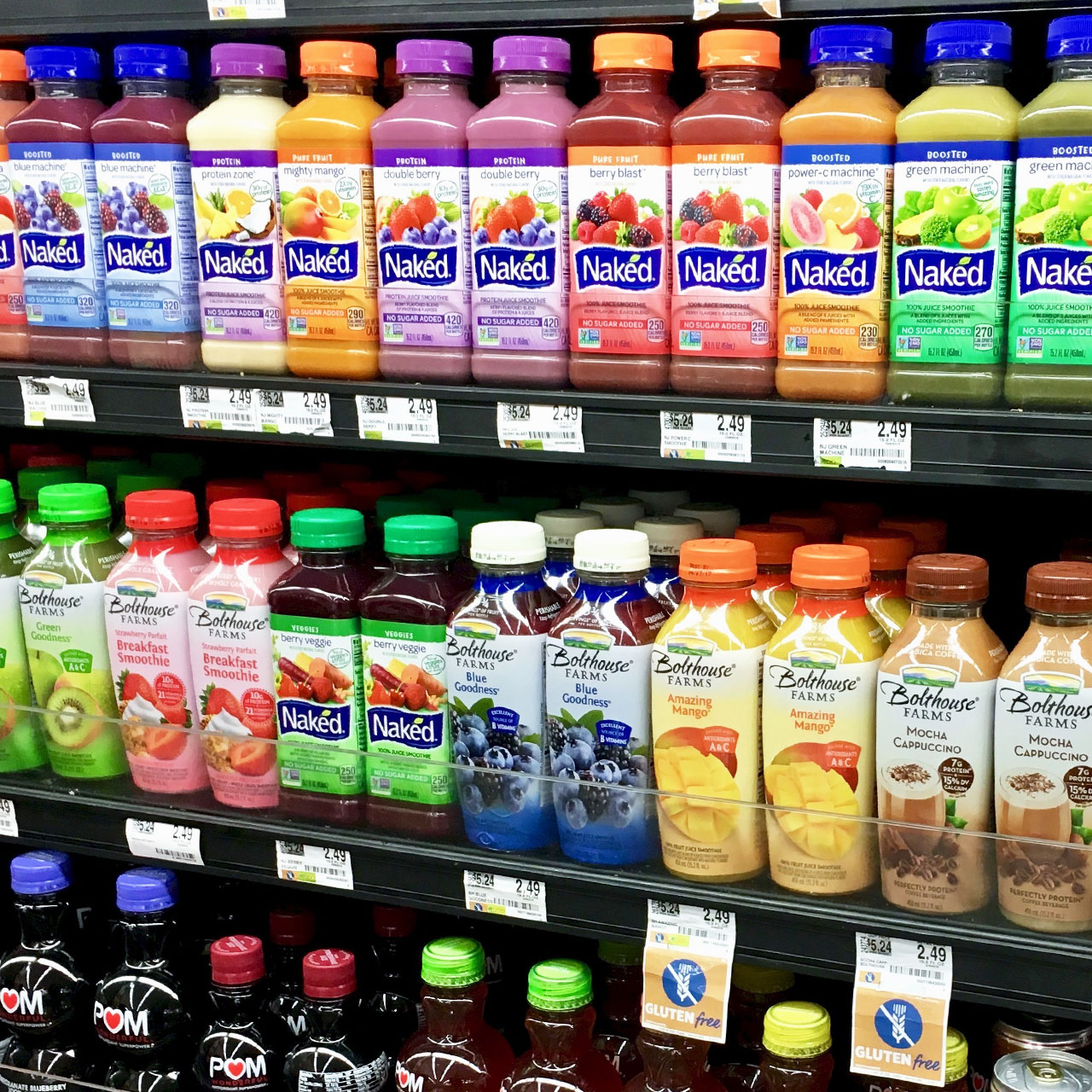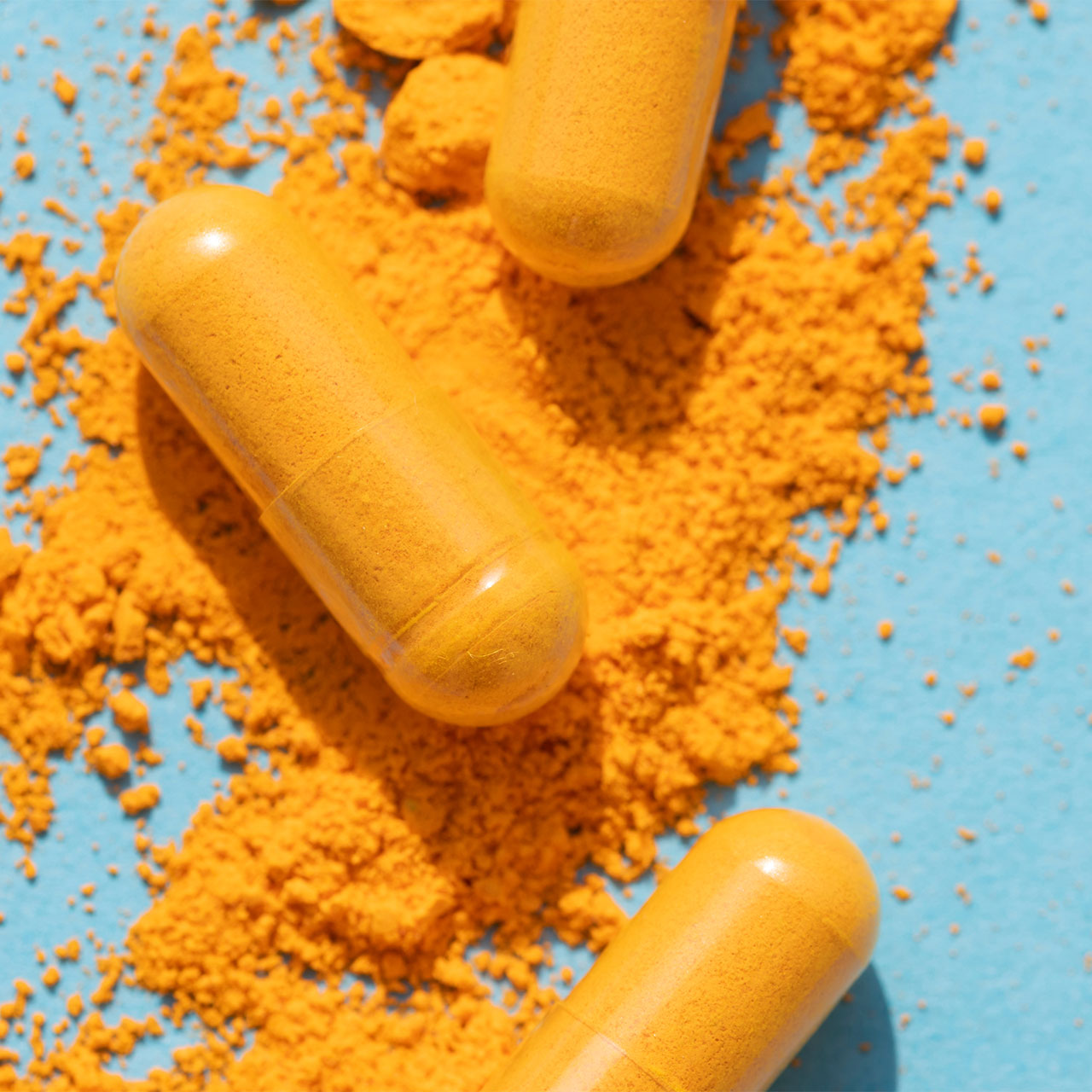Herbal supplements are often seen as natural and beneficial ways to enhance health and well-being. Many people turn to supplements, including herbal ones, to improve their health, manage chronic conditions, or boost their overall vitality. The allure of using plant-based remedies, grounded in centuries of traditional medicine, is strong. Supplements like turmeric for inflammation, ginseng for energy, and echinacea for immune support are popular choices among health-conscious individuals. However, it is crucial to recognize that not all supplements are created equal. Many come with hidden dangers, and a natural origin does not always equate to safety.
Despite their potential benefits, some herbal supplements can pose significant risks, especially when used improperly or in excess. Unlike prescription medications, herbal supplements are not subject to rigorous testing and regulation, which means their safety, efficacy, and quality can vary widely. This lack of oversight can lead to harmful contaminants or inconsistent dosing, increasing the risk of adverse effects. One of the most concerning issues with certain herbal supplements is their potential to cause kidney damage. The kidneys play a vital role in filtering toxins from the body, and any substance that compromises their function can have serious health implications. To shed some light on a few potentially dangerous herbal supplements that could harm your kidneys, we spoke Dr. Rimas Geiga. He highlighted six options to be cautious about.

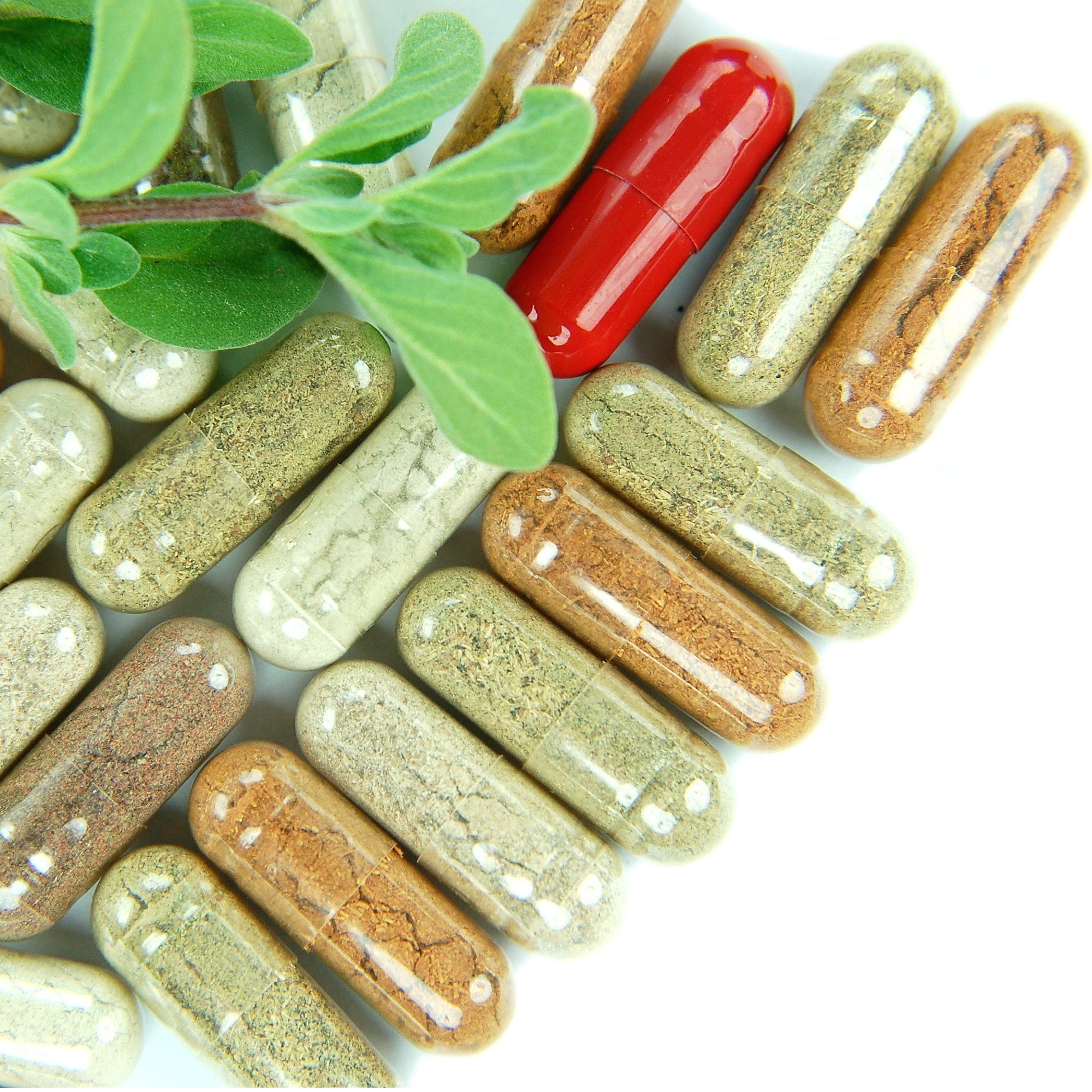
1. Aristolochic Acid-Containing Herbs
Certain herbs, such as Aristolochia species (e.g., birthwort), contain aristolochic acid, a compound known for its nephrotoxic (kidney-damaging) properties. Dr. Geiga states, "Aristolochic acid can cause severe kidney damage, including renal fibrosis and even kidney failure." To avoid these risks, steer clear of any herbs containing aristolochic acid. Instead, opt for safer alternatives like turmeric, ginger, or parsley, which offer similar benefits without posing a threat to your kidneys.
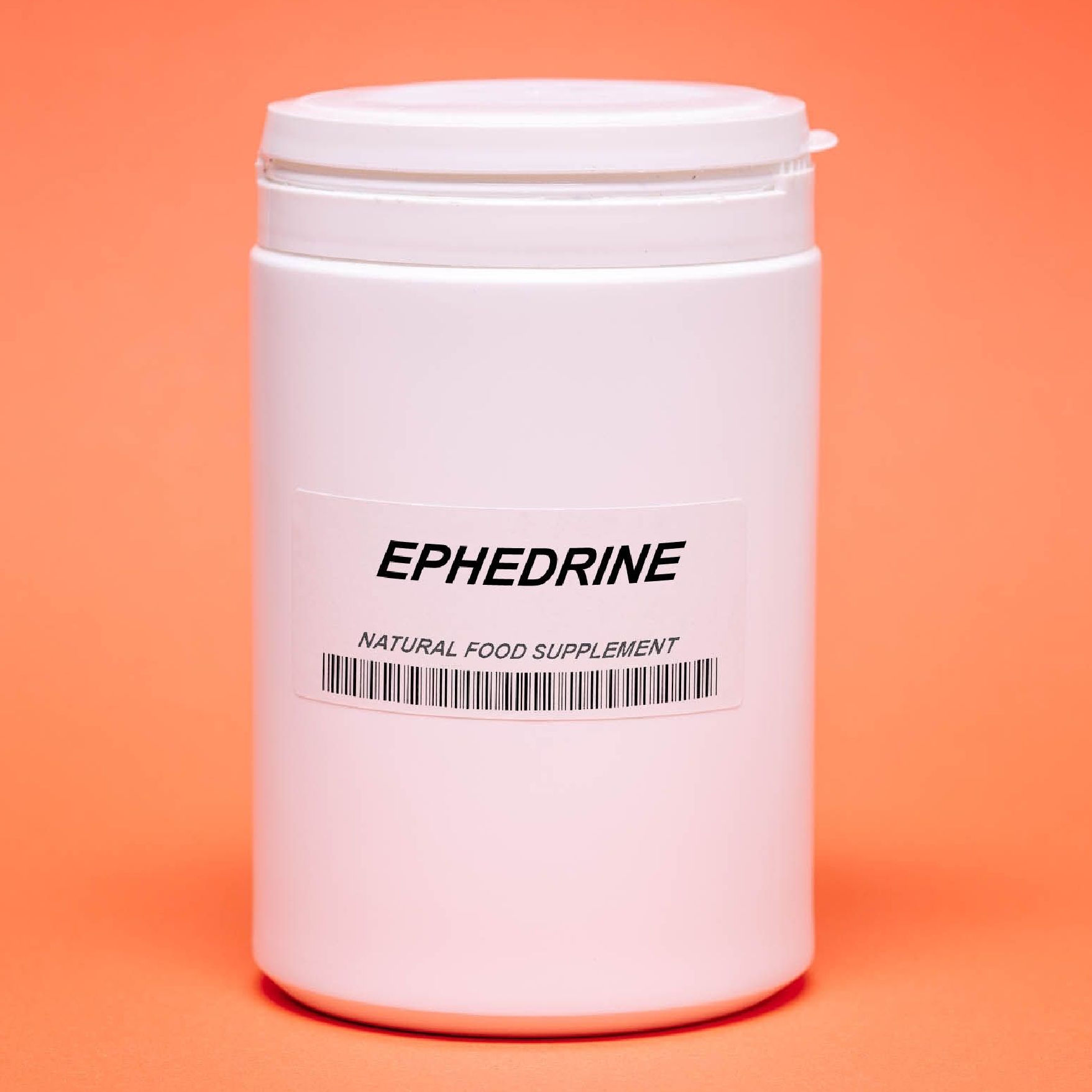
2. Ephedra
Ephedra, commonly used for weight loss and energy enhancement, contains ephedrine alkaloids that can elevate blood pressure and increase the risk of kidney damage, especially in individuals with pre-existing kidney conditions or hypertension. Dr. Geiga warns, "Ephedra can be particularly harmful to those with existing kidney issues." It can also harm your heart, among other risks. For safer energy support, consider guarana, or consult with a healthcare provider for personalized recommendations.
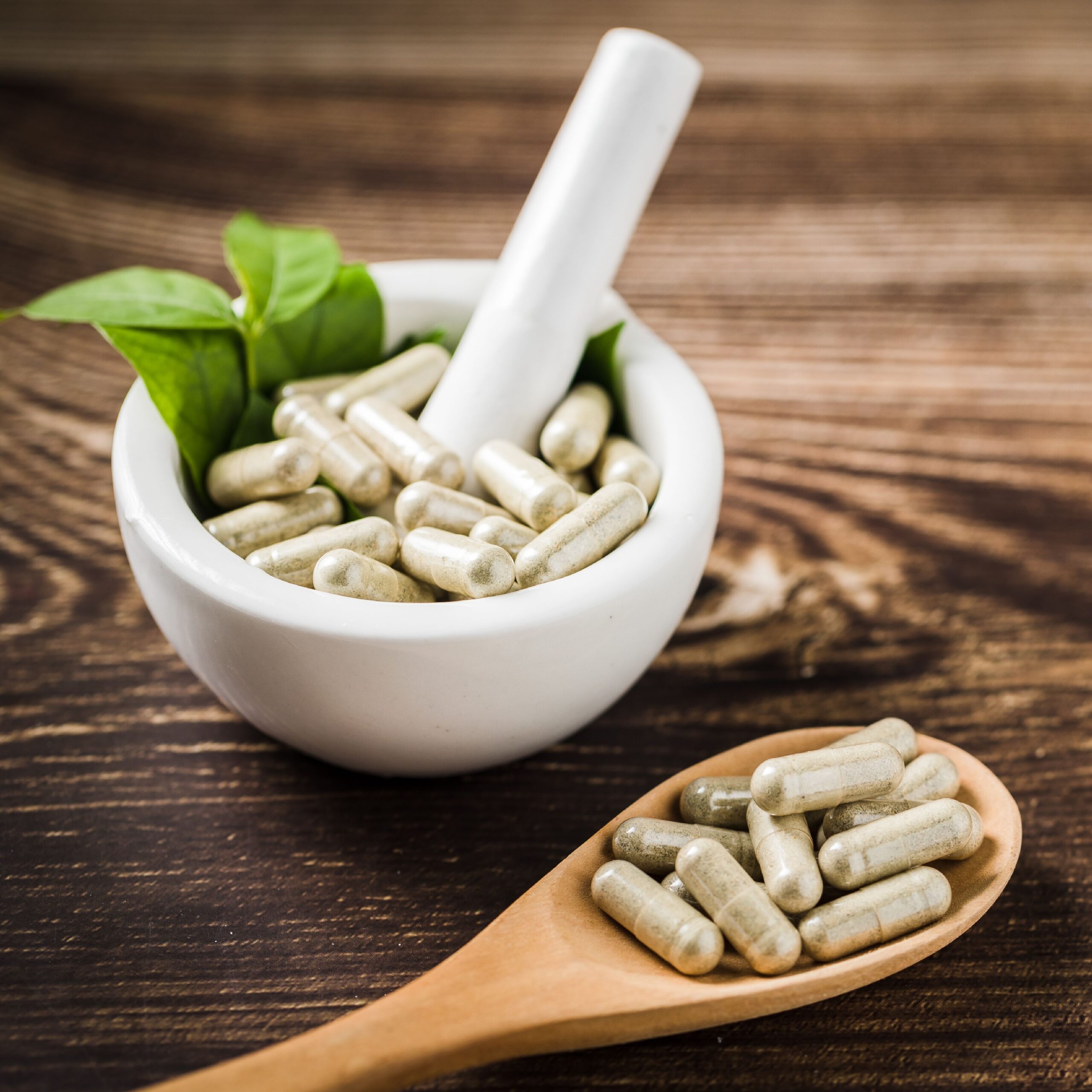
3. Cascara Sagrada
Often used as a laxative, Cascara sagrada can lead to health issues with prolonged or excessive use, straining the kidneys over time. Dr. Geiga notes, "Excessive use of Cascara sagrada can compromise kidney health due to dehydration and electrolyte imbalances." To support regularity without compromising kidney health, choose gentler laxatives like psyllium husk or incorporate fiber-rich foods into your diet.
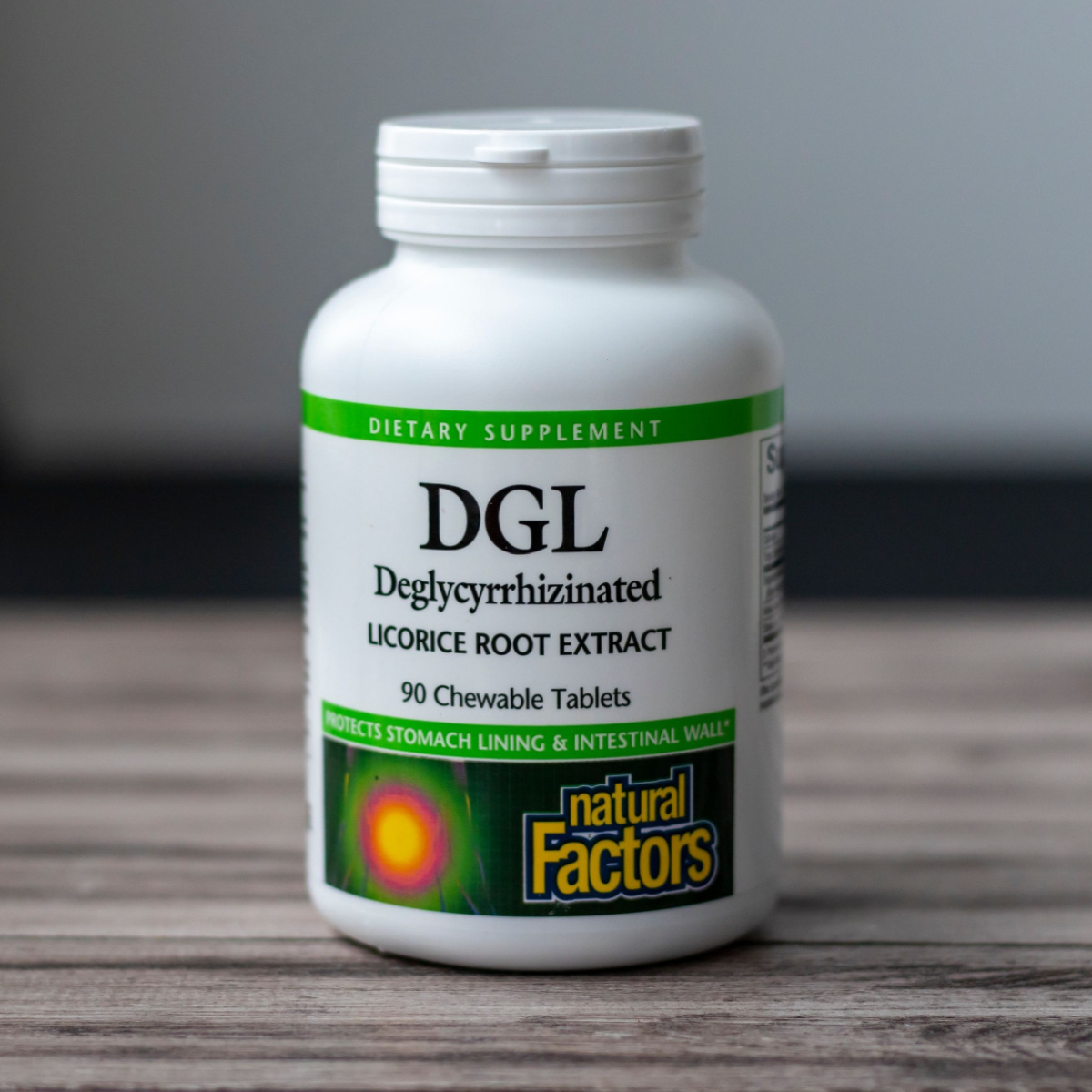
4. Licorice Root
Licorice root, when consumed in large amounts or over extended periods, can cause potassium depletion and elevate blood pressure, potentially leading to kidney damage or worsening existing kidney conditions. "Licorice root can be harmful to kidney health due to its effect on potassium levels and blood pressure," warns Dr. Geiga. For digestive health, consider alternatives like chamomile or fennel tea, which can soothe the stomach without the risks associated with licorice root.
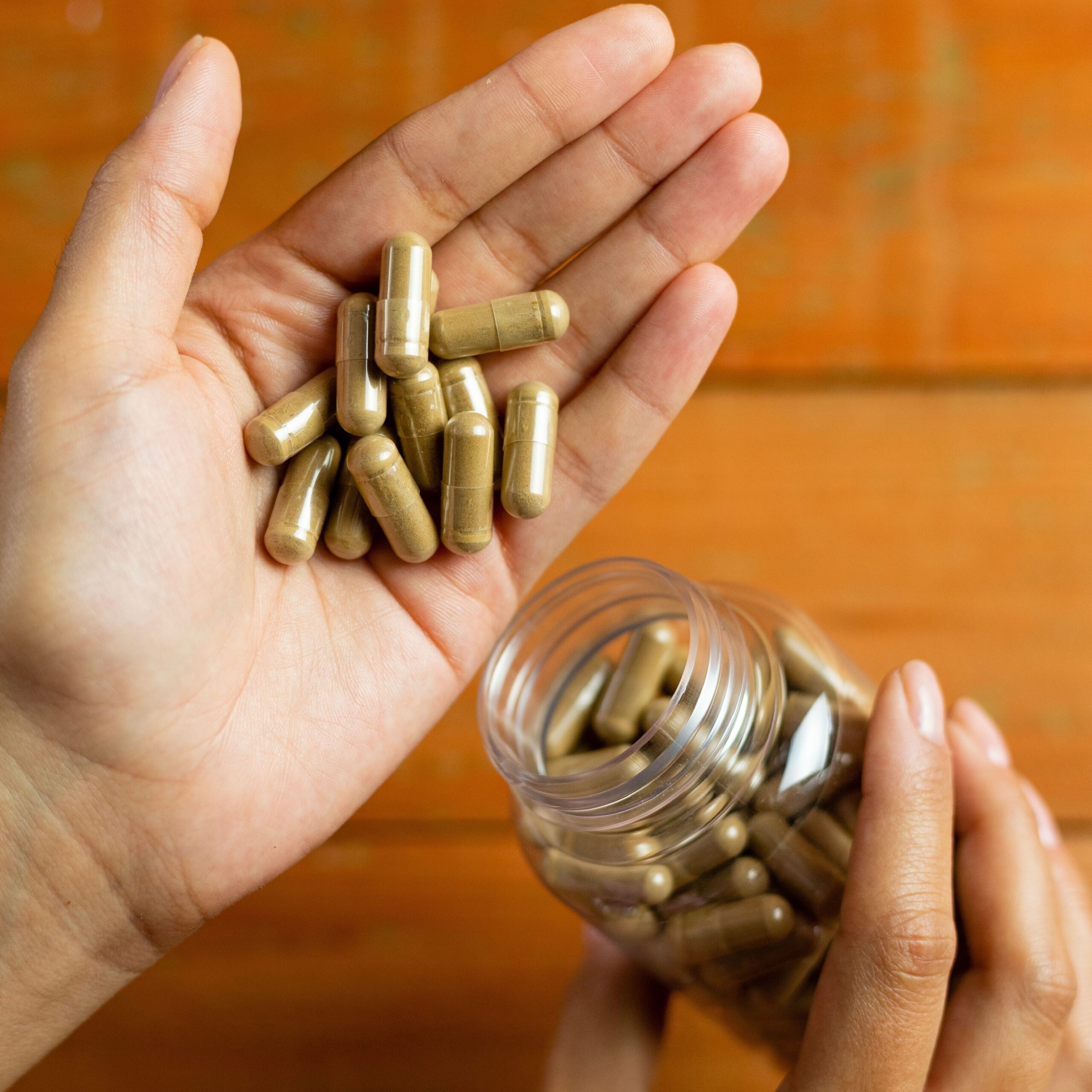
5. Comfrey
Comfrey contains pyrrolizidine alkaloids that are toxic to the liver and can also harm the kidneys. Dr. Geiga explains, "Prolonged use or high doses of comfrey can lead to liver damage and kidney toxicity." Instead of comfrey, explore alternatives like chamomile or calendula, which offer soothing properties without the risk of liver or kidney harm.

6. Green Tea Extract
While generally safe and beneficial in moderate amounts, high doses of green tea extract can potentially cause liver damage and kidney injury due to its high concentration of catechins. Dr. Geiga advises, "Enjoy brewed green tea in moderation to reap its antioxidant benefits without the concentrated risks associated with extracts." Moderation is key to ensuring you benefit from green tea without harming your kidneys.

Bottom line
Ultimately, while herbal supplements can offer various health benefits, it is crucial to be aware of their potential risks, especially concerning kidney health. Some herbs, despite their natural origins, can be harmful if not used properly. To safeguard your kidneys, avoid supplements known for their nephrotoxic properties and opt for safer, whole-food alternatives. Always consult with a healthcare provider before starting any new supplement regimen, particularly if you have existing health conditions. Taking these precautions can help you enjoy the benefits of herbal remedies without compromising your kidney health.




